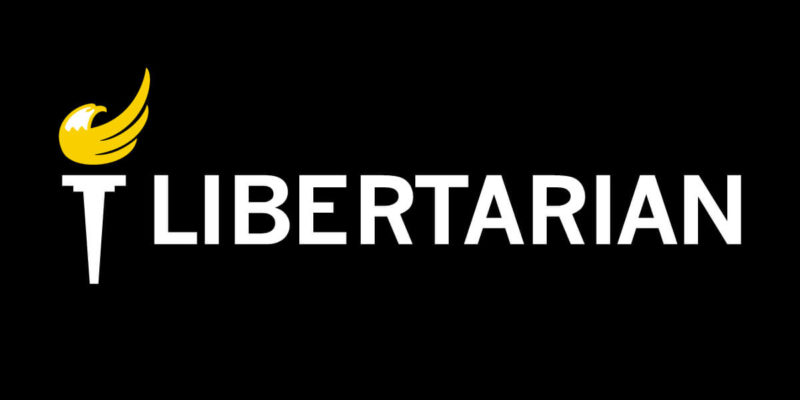It has been a good week for the Libertarian belief that the possession and use of recreational drugs should be decriminalized. On Monday (12/1/08) the US Supreme Court declined to hear a case from California, thereby letting stand a state court ruling that federal drug laws do NOT preempt state laws legalizing medical marijuana — and that therefore local law enforcement is bound to enforce those laws. While the Court’s (in)action only applies to California, it does create a strong precedent that is sure to be used by the other 12 states that have authorized medical marijuana.
In the years since California approved medical marijuana, federal law enforcement has periodically raided the state’s private marijuana collectives. In addition, the FDA has threatened to revoke the medical license of physicians who prescribe marijuana, although it is not clear if the agency ever made good on that threat.
The Libertarian Party of Georgia welcomes the Supremes’ validation of the 9th and 10th Amendments defending federalism, as well as the freedom benefit of treating Americans as adults with the ability — nay, the responsibility — of deciding what they will or will not put in their bodies.
A fascinating coincidence put the Supreme Court action in the same week as the anniversary of the repeal of alcohol prohibition in 1933. Libertarians and objective observers are aware of the terrible similarities between the evils of 18th Amendment prohibition and those of today’s war on drugs:
Nathan Nadelmann is the Executive Director of the Drug Policy Alliance. His op-ed piece in Friday’s (12/5/08) Wall Street Journal agrees that the problems of alcohol and drug prohibition are the same. The difference is that everyone then remembered what life was like before the 18th Amendment was passed, so the before-and-after contrast was obvious. State legislators (Nadelmann mistakenly thinks this was put to a popular vote) finally rejected the financial and human cost of alcohol prohibition, and on this day 75 years ago Utah’s vote was the deciding one that turned the taps back on.
But no one remembers life before drug prohibition began in 1909; many don’t remember life before Richard Nixon declared war on drugs in 1972. Nadelmann thinks the “better the devil you know” phenomenon is the reason there has not been widespread support for repealing the drug war.
But Nadelmann remains hopeful because of the progress being made in England, Australia, Holland, and Switzerland. To varying degrees these nations have recognized that most of the harm associated with drugs really is caused by its prohibition, and that legalizing and controlling drugs — as was done with alcohol — brings considerable money into state coffers while still keeping them away from children. He goes so far as to say “But there’s nothing like a depression, or maybe even a full-blown recession, to make taxpayers question the price of their prejudices.” He thinks the Great Depression made the financial argument for repealing alcohol prohibition appealing, and that today’s economic turmoil can do the same about the war on drugs.
The Libertarian Party of Georgia platform calls for the repeal of all laws limiting possession and use of all drugs, both recreational and medicinal. But as an interim step, we welcome the US Supreme Court’s sanity in allowing California’s medical marijuana laws to stand as being beyond the reach of the federal government.

